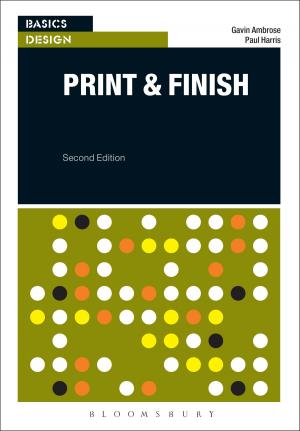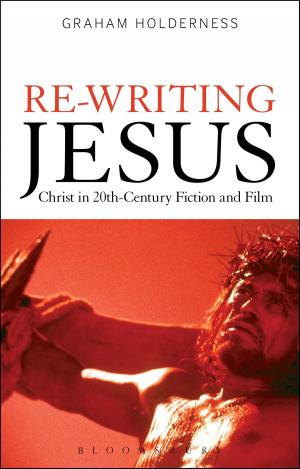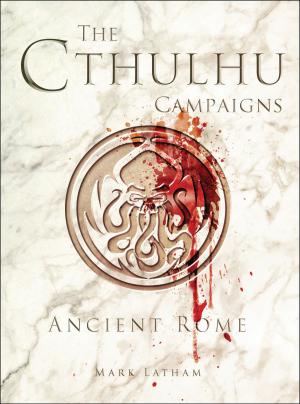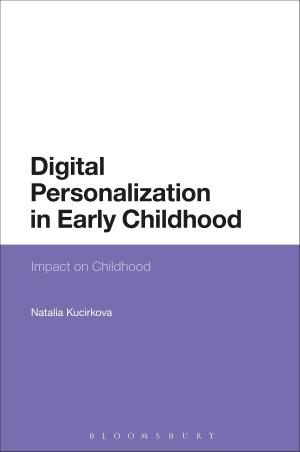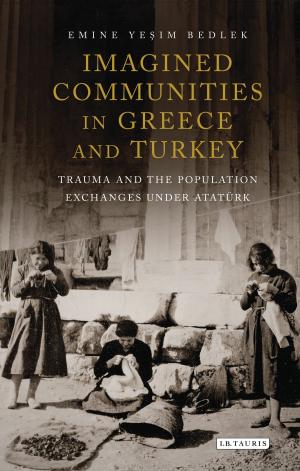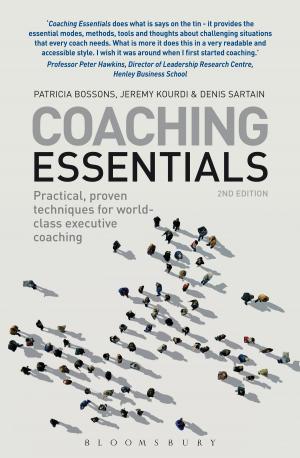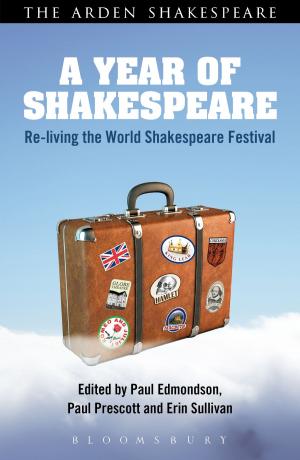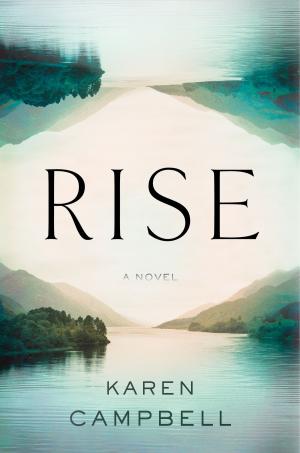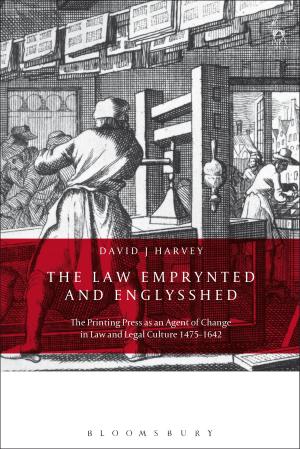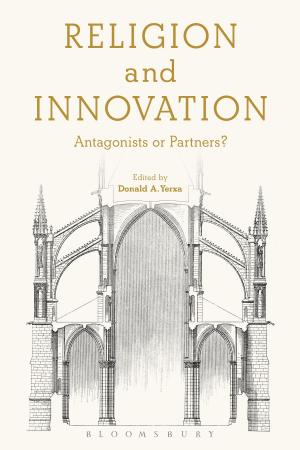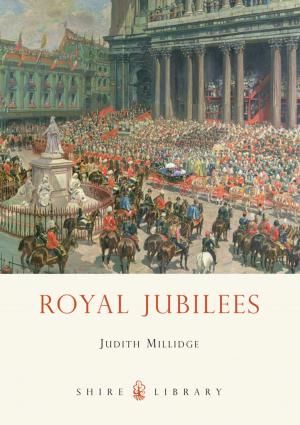The Struggle for Modern Nigeria
The Biafran War 1967-1970
Nonfiction, History, Military, Other, Africa| Author: | Michael Gould | ISBN: | 9780857730954 |
| Publisher: | Bloomsbury Publishing | Publication: | December 18, 2011 |
| Imprint: | I.B. Tauris | Language: | English |
| Author: | Michael Gould |
| ISBN: | 9780857730954 |
| Publisher: | Bloomsbury Publishing |
| Publication: | December 18, 2011 |
| Imprint: | I.B. Tauris |
| Language: | English |
International media coverage represented the Biafran war as a grand humanitarian disaster: the clash of large opposing armies, and a series of enormous military losses; in short, the greatest conflagration Africa had seen since the struggle for independence. Entrenched ethnic conflict, hardened under the former British administration, and dissatisfaction with an undemocratic and oligarchic ruling elite caused the self-proclaimed Republic of Biafra to seek independence from the Nigerian Federation. Foreign commercial interests - primarily the British concern for Nigeria's vast oil reserves - deeply permeated the region, further muddying its political waters. Drawing on a broad range of interviews with the war's participants, including its two opposing leaders, Generals Ojukwu, who led the Biafran revolt and Gowon, who was President of the Nigerian Federation. Using newly-released government documents, Michael Gould analyses the Biafran war and offers a radical reappraisal of several of the entrenched conceptions which currently define the conflict.
Envisaged initially by both sides as a short conflict, the war confounded all expectations, stretching on for four years. It was a 'brother's war', one which divided families, and was characterised overwhelmingly by both sides' reluctance to enter into hostilities. This book addresses the question of how this avoidable conflict came about. It asks why the war was so drawn-out, and questions the extent to which it is fair to apply the labels of 'genocide' or 'humanitarian disaster', assessing the role of propaganda and the concerns of international humanitarian agencies. It also analyses the roles of the war's opposing leaders, Ojukwu and Gowon, assessing the extent of the influence they personally exerted on the war's unfolding events.
This important reappraisal, which seeks to render an impartial account and detatch fact from fiction, overturns several received conceptions of the war. This book provides a vital new perspective to all students of African history and politics, and post-colonial studies.
International media coverage represented the Biafran war as a grand humanitarian disaster: the clash of large opposing armies, and a series of enormous military losses; in short, the greatest conflagration Africa had seen since the struggle for independence. Entrenched ethnic conflict, hardened under the former British administration, and dissatisfaction with an undemocratic and oligarchic ruling elite caused the self-proclaimed Republic of Biafra to seek independence from the Nigerian Federation. Foreign commercial interests - primarily the British concern for Nigeria's vast oil reserves - deeply permeated the region, further muddying its political waters. Drawing on a broad range of interviews with the war's participants, including its two opposing leaders, Generals Ojukwu, who led the Biafran revolt and Gowon, who was President of the Nigerian Federation. Using newly-released government documents, Michael Gould analyses the Biafran war and offers a radical reappraisal of several of the entrenched conceptions which currently define the conflict.
Envisaged initially by both sides as a short conflict, the war confounded all expectations, stretching on for four years. It was a 'brother's war', one which divided families, and was characterised overwhelmingly by both sides' reluctance to enter into hostilities. This book addresses the question of how this avoidable conflict came about. It asks why the war was so drawn-out, and questions the extent to which it is fair to apply the labels of 'genocide' or 'humanitarian disaster', assessing the role of propaganda and the concerns of international humanitarian agencies. It also analyses the roles of the war's opposing leaders, Ojukwu and Gowon, assessing the extent of the influence they personally exerted on the war's unfolding events.
This important reappraisal, which seeks to render an impartial account and detatch fact from fiction, overturns several received conceptions of the war. This book provides a vital new perspective to all students of African history and politics, and post-colonial studies.

